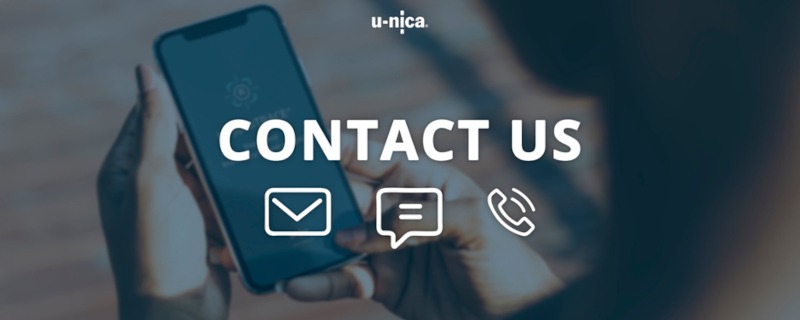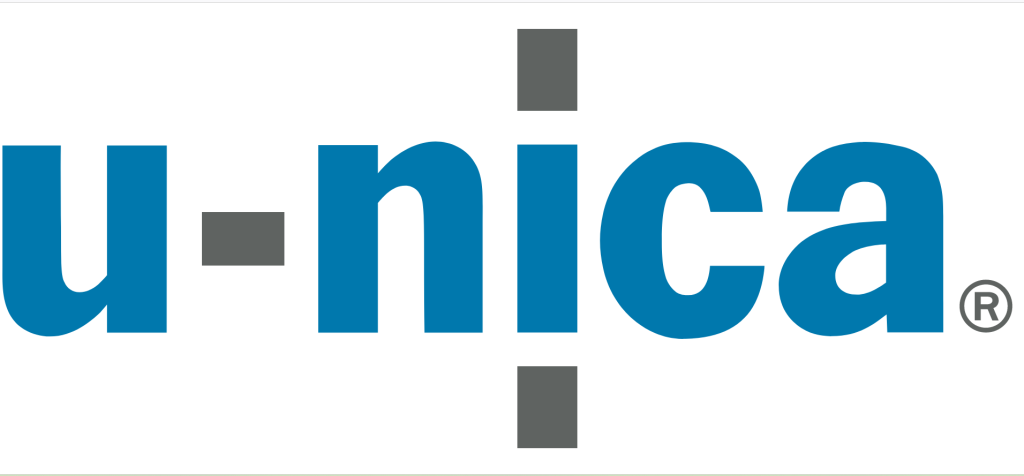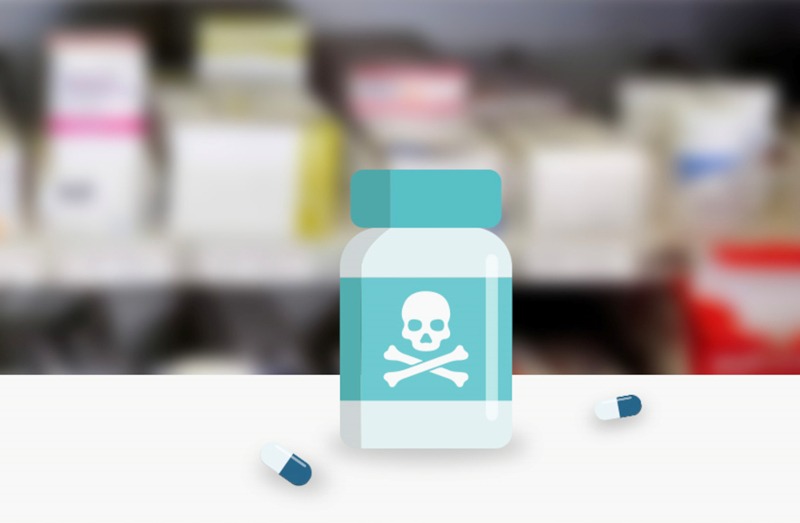
Counterfeit medicines comprise an estimated 2.5% of the pharmaceutical industry. That equates to a $200 billion black market that’s growing at 20% a year. Millions of people around the world run a daily risk of their next prescription containing counterfeit drugs.
Even though governments and law enforcement agencies know how to fight against pharmaceutical fakes, many consumers don’t. As much as consumers and pharmaceutical companies alike would like to rely on those regulatory bodies, the fight against counterfeit pharmaceuticals requires an “all hands on deck” approach.
Here are 4 areas that consumers must know to stay vigilant and healthy in the fight against pharmaceutical scams.
Internet Pharmaceutical Scams and Advertising
Buyers must be wary of online offers, no matter how promising a product seems. Online medication sales are the greatest risk to consumers and legitimate pharmaceutical companies. Counterfeiters love the internet as they don’t have to maintain brick and mortar stores and can ship anything to anywhere. An estimated 35,000 online pharmacies have formed in the past decade. At least 11% of all online pharmaceutical purchases revealed to be fakes.
The internet is a global advertising billboard where criminals can make fantastical claims that take advantage of vulnerable, and often desperate, consumers. Direct to consumer pharmaceutical advertising (DTCPA) is such a counterfeit risk that it’s illegal in most countries, with only the United States and New Zealand permitting it.
Medical professionals warn against the hugely misleading pictures these medical adverts paint because it could be a pharmaceutical scam. Medical counterfeiters send toxic mixtures in fake packaging that could worsen the health of consumers or cost them their lives.
Mitigate the Risk of Internet Pharmaceutical Scams
The very first thing online consumers should check is that the entity operating the website is in their country and that the site is secure.
Next, ensure the site has qualified medical personnel to answer questions. Also, a legitimate site will require a prescription from your physician before dispensing any pharmaceuticals.
Watch out for seemingly “legitimate” questionnaires that claim to qualify you for a product, that’s not how legitimate pharmacies typically operate.
However, internet pharmaceutical scams are not the only counterfeit threat to your health.
Pharmaceutical Fakes while Traveling
The pharmaceutical markets in developing countries are the hardest hit by fakes, so if any of those locations are in your future travel plans, your chances of encountering counterfeits are greatly increased. Consumers must also remember that Europe, Asia, and North America are significant producers of dangerous counterfeit “drugs.”
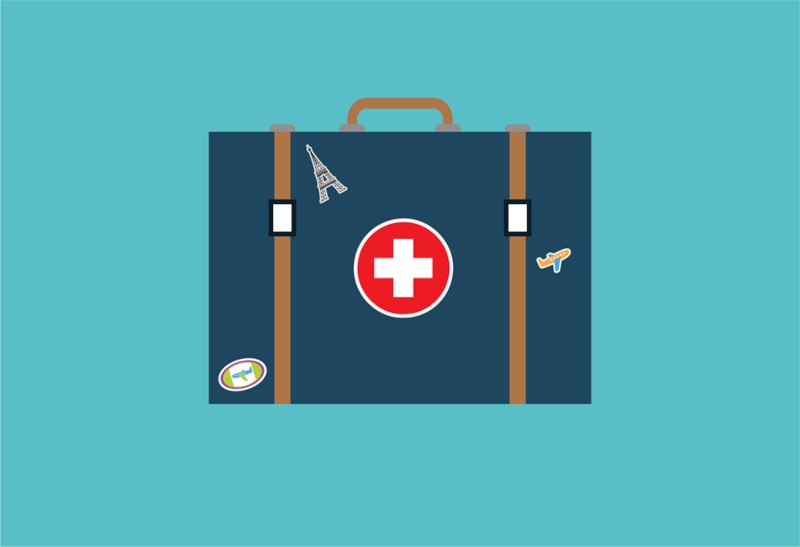
Travellers Take Pharmaceutical Precautions
Certain steps can help protect travellers. One golden rule is to stock up on legitimate medicine from your home country before leaving.
If it’s necessary to buy drugs abroad, only do so from a licensed pharmacist and retain the receipt. Ask pharmacists or physicians about active ingredients and how well the foreign medication matches your own.
Lastly, thoroughly examine the packaging for poor printing, spelling errors or anything you may feel is suspicious. These are some common indicators of pharmaceutical scams.
Patient protection also hinges on never buying unpackaged medicines. Avoid street vendors and open markets, which are some of secure pharma’s biggest threats.
Pharmacists and Health Professionals May Contribute to the Risks
Trusting your pharmacist may not protect you because they could be unknowingly dealing in counterfeit drugs. Both commercial and non-commercial programs have been fighting fakes for years. Pharmacies, nursing homes, hospitals, and doctors’ offices are all vulnerable to receiving and dispensing counterfeit pharmaceuticals that are convincing enough to fool professionals.
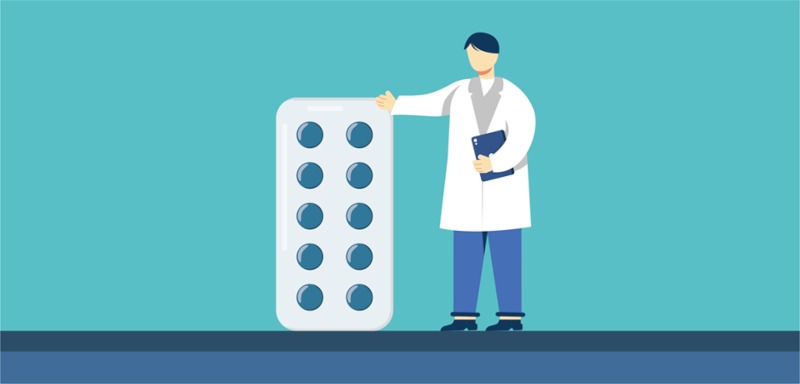
Healthcare Professionals and Pharmaceutical Scams
Cutting costs is a counterfeiter’s most attractive tool and doctors and health centers can be swayed by a bargain just like anyone else. If they find a supplier that seems to offer a legitimate drug at a highly competitive rate, they may accept the offer not knowing they just bought counterfeit drugs.
If you are a healthcare professional, here is a golden rule for you. Low cost is a universal warning sign across the counterfeit spectrum. If the price seems too good to be true, and this includes sales offers, it may be a pharmaceutical scam.
What Healthcare Consumers Can Do
The costs of drugs to be used in healthcare centers and practices cannot be controlled by the end consumer; however, here are some steps healthcare patients can take to reduce the risk of pharmaceutical scams.
Signs of Pharmaceutical Scams
An important first step towards patient protection is to check the expiration date on any medication. Many drugs on the black market are legitimately produced, but have been “out of the market” until society has forgotten they were stolen. They then re-enter the consumption cycle past the expiry date and pose a health hazard.
Other signs of pharmaceutical scams include any changes in packaging design, pill/tablet size, and the condition of the medicine (cracked, chipped, malformed, etc.).
Legitimate manufacturers do sometimes change packaging and pill size, but it’s in your best interest to query any changes to the norm. Interpol recommends that if you suspect fake medical products either online or off, report it to your local police or health regulatory authority.
The Partnership for Safe Medicines offers an excellent collection of consumer resources to educate the public on everything from internet awareness to over-the-counter checklists.
U-NICA Protects Consumers from Pharmaceutical Scams
U-NICA’s scryptoTRACE® solution is a fully scalable, rapid response answer to counterfeit concerns that addresses the entire product cycle for patient protection.
It’s an end-to-end brand value and product protection solution that becomes part of the entire product value chain, from design and manufacturing to distribution, sales and purchasing. Further, the verification app can even be used by consumers to make sure what they’re buying is the real medicine.
Every stage or person of the supply chain can use the unique smartphone app to quickly and reliably determine a product’s authenticity and that includes the end consumers. A simple and quick scan verifies if pharmaceuticals are legitimate and offers patients immediate peace of mind.
U-NICA is a team with a single purpose: supporting companies in the fight to protect the brand’s integrity and value. The team operates globally and partners with universities and agencies to deliver the future of brand protection. Connect with a representative for more information on U-NICA’s constantly evolving open solution suite.
